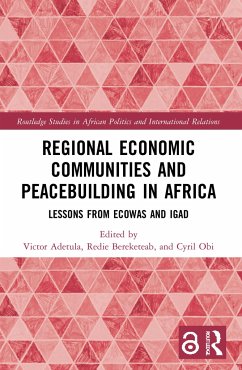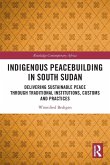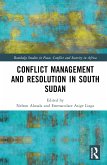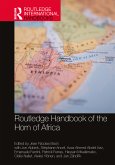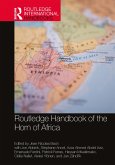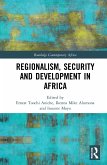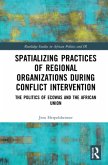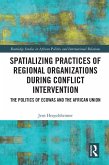This book outlines challenges to the effective operation of regional economic communities (RECs) with regards to peacebuilding in Africa.
Critically examining these issues from an interdisciplinary perspective, with a focus on comparative analysis of the status, role, and performances of the Economic Community of West African States (ECOWAS) and Intergovernmental Authority on Development (IGAD), it examines particular constraints to their effective participation in regional initiatives. Focussing on inadequate technical capabilities, the complicity of state and non-state actors in conflicts within a region, the domestic politics of member states, it additionally addresses related theories and practices of peacekeeping, security, development, and the peacebuilding nexus. It also engages provisioning, regionalism, and regional peacekeeping interventions, the legal and institutional framework of RECs, and civil society and peacebuilding. Fundamentally, the book asks how effective the alliances and partnerships are in promoting regional peace and security and how much they are compromised by the intervention of external powers and actors, exploring new ideas and actions that may strengthen capacities to address the peacebuilding challenges on the continent effectively.
This book will be of key interest to scholars and students of African politics and studies, peace and security studies, regionalism studies, policy practitioners in the field of African peacebuilding, and more broadly to international relations.
The Open Access version of this book, available at:
http://www.taylorfrancis.com/books/e/9781003093695, has been made available under a Creative Commons Attribution-Non Commercial-No Derivatives 4.0 license.
Critically examining these issues from an interdisciplinary perspective, with a focus on comparative analysis of the status, role, and performances of the Economic Community of West African States (ECOWAS) and Intergovernmental Authority on Development (IGAD), it examines particular constraints to their effective participation in regional initiatives. Focussing on inadequate technical capabilities, the complicity of state and non-state actors in conflicts within a region, the domestic politics of member states, it additionally addresses related theories and practices of peacekeeping, security, development, and the peacebuilding nexus. It also engages provisioning, regionalism, and regional peacekeeping interventions, the legal and institutional framework of RECs, and civil society and peacebuilding. Fundamentally, the book asks how effective the alliances and partnerships are in promoting regional peace and security and how much they are compromised by the intervention of external powers and actors, exploring new ideas and actions that may strengthen capacities to address the peacebuilding challenges on the continent effectively.
This book will be of key interest to scholars and students of African politics and studies, peace and security studies, regionalism studies, policy practitioners in the field of African peacebuilding, and more broadly to international relations.
The Open Access version of this book, available at:
http://www.taylorfrancis.com/books/e/9781003093695, has been made available under a Creative Commons Attribution-Non Commercial-No Derivatives 4.0 license.

